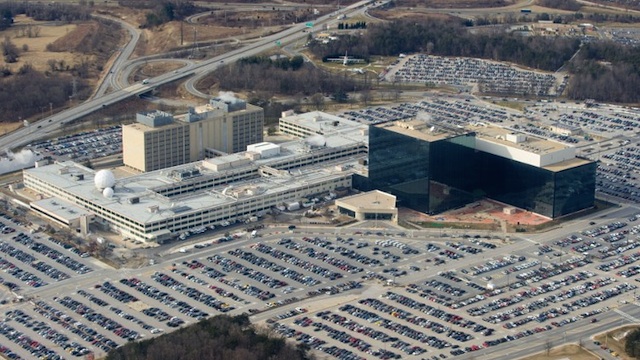SUMMARY
This is AI generated summarization, which may have errors. For context, always refer to the full article.

WASHINGTON DC, USA – The whereabouts of whistleblower Edward Snowden were shrouded in mystery on Monday, June 10, as US lawmakers demanded his immediate extradition from Hong Kong over his sensational leaking of an Internet surveillance program.
Snowden, a 29-year-old technology expert working for a private firm subcontracted to the US National Security Agency, checked out of his Hong Kong hotel after revealing his identity to the British-based Guardian newspaper on Sunday.
The private contractor has become an instant hero for transparency advocates and libertarians around the globe following his exposure of the NSA’s worldwide monitoring of private users web traffic and phone records.
But the US government appeared to be gearing up to take action against Snowden on Monday with senior lawmakers branding his actions as “treason” and saying he should be extradited from Hong Kong as quickly as possible.
California’s Democratic Senator Dianne Feinstein — chair of the Senate Permanent Select Committee on Intelligence — declined to go into specifics but said US authorities were vigorously pursuing Snowden.
“All the departments are proceeding, I think, aggressively,” Feinstein told US media, describing Snowden’s actions as “treason.”
Hong Kong, a special administrative region of China, has had an extradition agreement with the United States for more than a decade.
“The extradition agreement with Hong Kong was signed in 1996 and entered into force in 1998. It is still in force, and we’ve actively used it over the years,” State Department spokeswoman Jen Psaki said.
Lawmakers from across the political spectrum lined up to demand Snowden’s speedy return to America as a Washington Post poll indicated that public opinion placed a higher importance on investigating possible terrorist threats rather than protecting an individual’s personal privacy.
Florida’s Democratic Senator, Bill Nelson, said Snowden should be prosecuted for treason.
“This is not a whistleblower, I think this is an act of treason,” he said. “This is deliberately taking highly, highly, super-compartmented classified information, and giving it directly out. He ought to be prosecuted under the law.”
President Barack Obama’s spy chief, Director of National Intelligence James Clapper, has described Snowden’s leaks as gravely damaging to US security, and referred the matter to the Justice Department, which has launched an investigation.
The White House declined to comment on the case, citing the ongoing probe.
But a spokesman confirmed that Clapper will carry out an assessment of the damage allegedly wrought by the leaks, and confirmed that Obama had been briefed by senior staff over the weekend about the revelations.
Contractors for intel work

Snowden told the Guardian he hopes to win asylum in Iceland, but the head of Iceland’s Directorate of Immigration said it had received no formal request and said Snowden would have to be on Icelandic soil to make one.
There was much speculation Monday about Hong Kong’s likely stance in the event Washington asks for Snowden’s extradition, and analysts divided on whether the territory’s ultimate rulers in Beijing would intervene.
The case has also turned the spotlight on the United States’ widespread use of outside contractors for sensitive intelligence work; Snowden is a former low-level CIA employee now employed by private outfit Booz Allen Hamilton.
Snowden and his many supporters, who have taken to the Internet to condemn the US government and the private web giants which cooperated with its secret surveillance, defended his actions, saying he had struck a blow for freedom.
“My sole motive is to inform the public as to that which is done in their name and that which is done against them,” Snowden said, in a Guardian video.
He said he had gone public because he could not “allow the US government to destroy privacy, Internet freedom and basic liberties for people around the world with this massive surveillance machine they’re secretly building.”
Snowden flew to Hong Kong on May 20 after copying at the NSA’s office in Hawaii the documents he intended to disclose, the Guardian said.
The US consulate in Hong Kong and the Hong Kong security bureau refused to comment on the case, but a senior pro-Beijing lawmaker in Hong Kong told reporters Snowden should probably leave the city.
Hong Kong is “obliged to comply with the terms of agreements” with the US government, Regina Ip said.
Under the PRISM program, revealed by Snowden, the NSA can issue directives to Internet firms like Google or Facebook to win access to emails, online chats, pictures, files, videos and more, uploaded by foreign users.
On Monday, rights watchdog the American Civil Liberties Union filed a motion with the FISA court demanding it publish its findings as to the scope and constitutionality of its powers to trawl Internet and phone records.
“The government appears to have secretly given itself shockingly broad surveillance powers,” ACLU staff attorney Alexander Abdo said. – Rappler.com
Add a comment
How does this make you feel?
There are no comments yet. Add your comment to start the conversation.